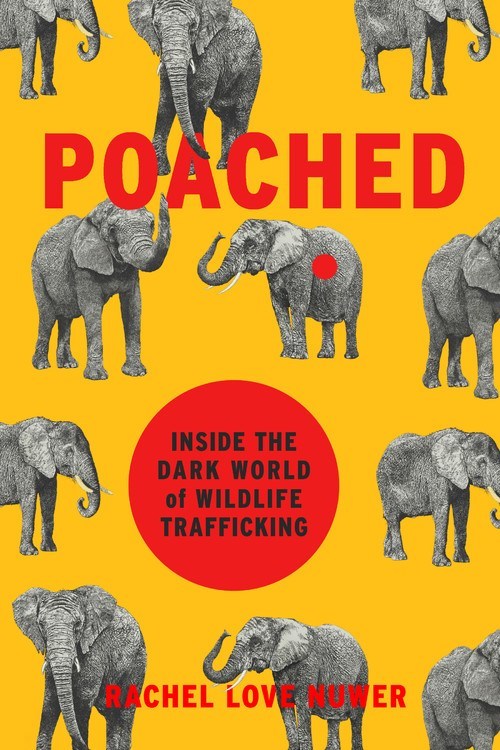What do you think?
Rate this book


384 pages, Hardcover
First published September 25, 2018
"People will search for rhino horn until there's just one rhino left in the world."
(*Please note that these are my own views. The author has provided a rebuttal in the comments below.)